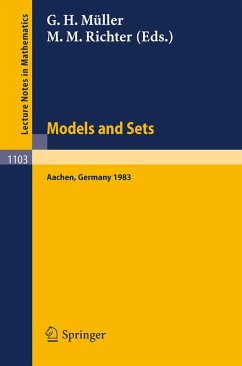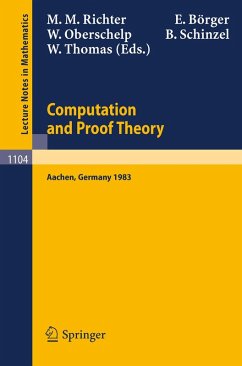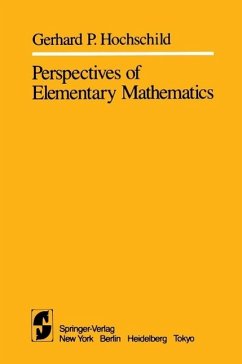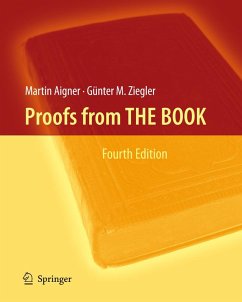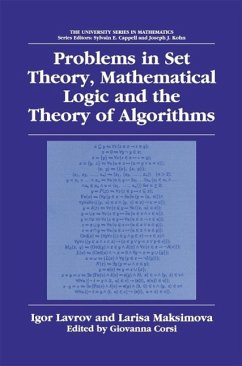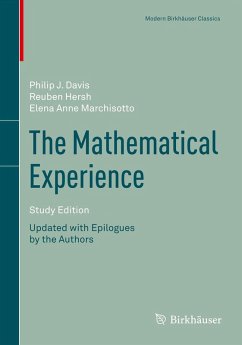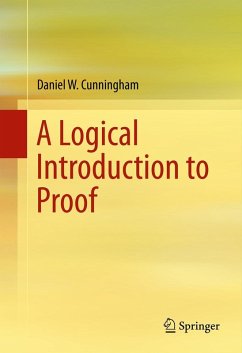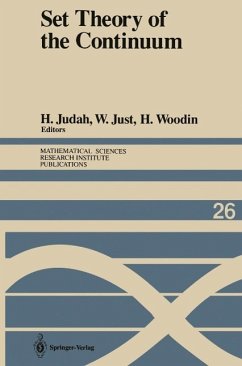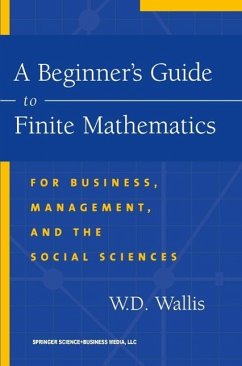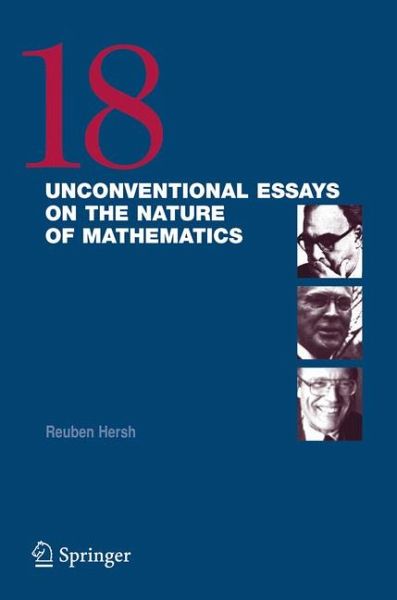
18 Unconventional Essays on the Nature of Mathematics (eBook, PDF)
Versandkostenfrei!
Sofort per Download lieferbar
72,95 €
inkl. MwSt.
Weitere Ausgaben:

PAYBACK Punkte
36 °P sammeln!
This book collects some of the most interesting recent writings tackling the problem of giving an account of the nature, purpose, and justification of mathematics as actually done by real live mathematicians. What is the nature of the objects being studied? What determines the directions and styles in which mathematics progresses (or, perhaps, degenerates)? What certifies its claim to certainty, or to a priori status, to independence of experience? Why is mathematics the same for all times and places, or is it really the same, or in what senses is it the same and in what senses different?
This book collects some of the most interesting recent writings tackling the problem of giving an account of the nature, purpose, and justification of mathematics as actually done by real live mathematicians. What is the nature of the objects being studied? What determines the directions and styles in which mathematics progresses (or, perhaps, degenerates)? What certifies its claim to certainty, or to a priori status, to independence of experience? Why is mathematics the same for all times and places, or is it really the same, or in what senses is it the same and in what senses different?
Dieser Download kann aus rechtlichen Gründen nur mit Rechnungsadresse in A, B, BG, CY, CZ, D, DK, EW, E, FIN, F, GR, HR, H, IRL, I, LT, L, LR, M, NL, PL, P, R, S, SLO, SK ausgeliefert werden.




